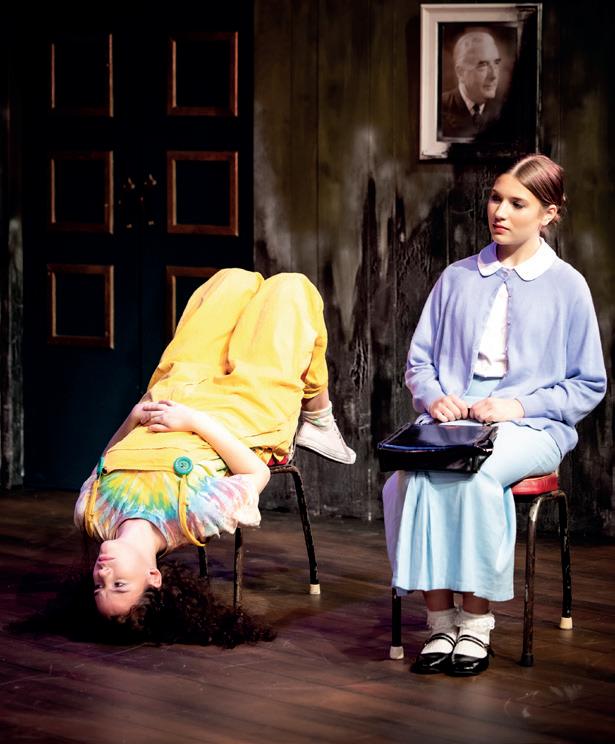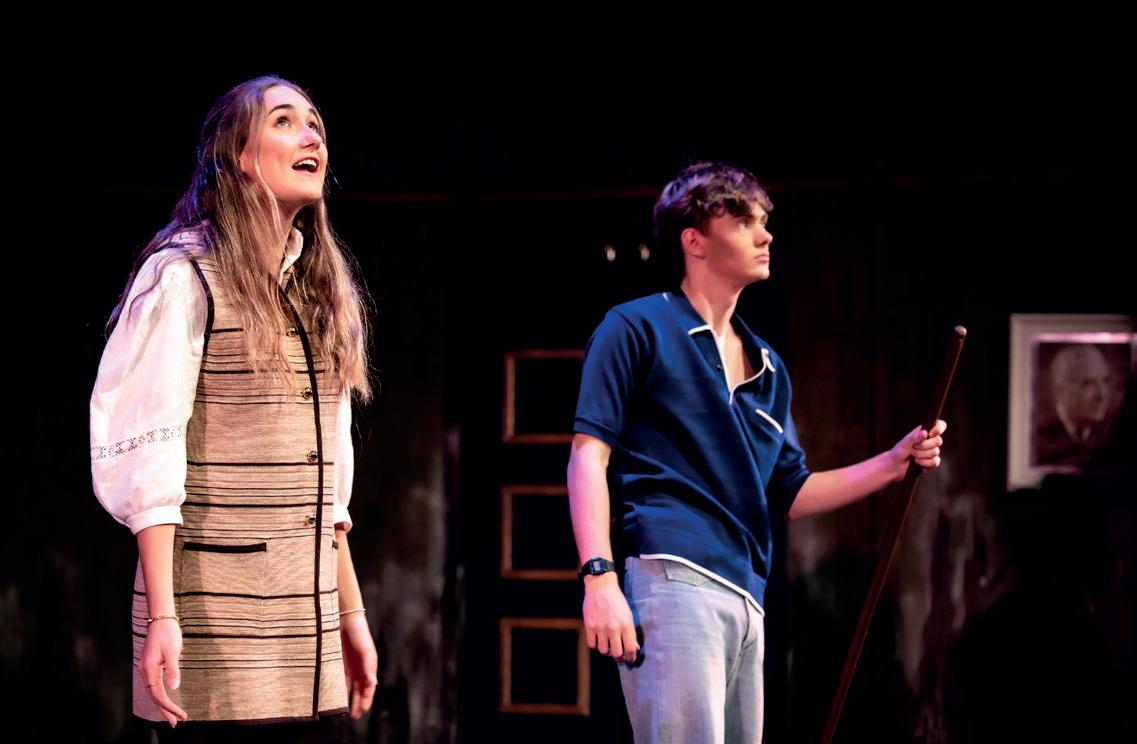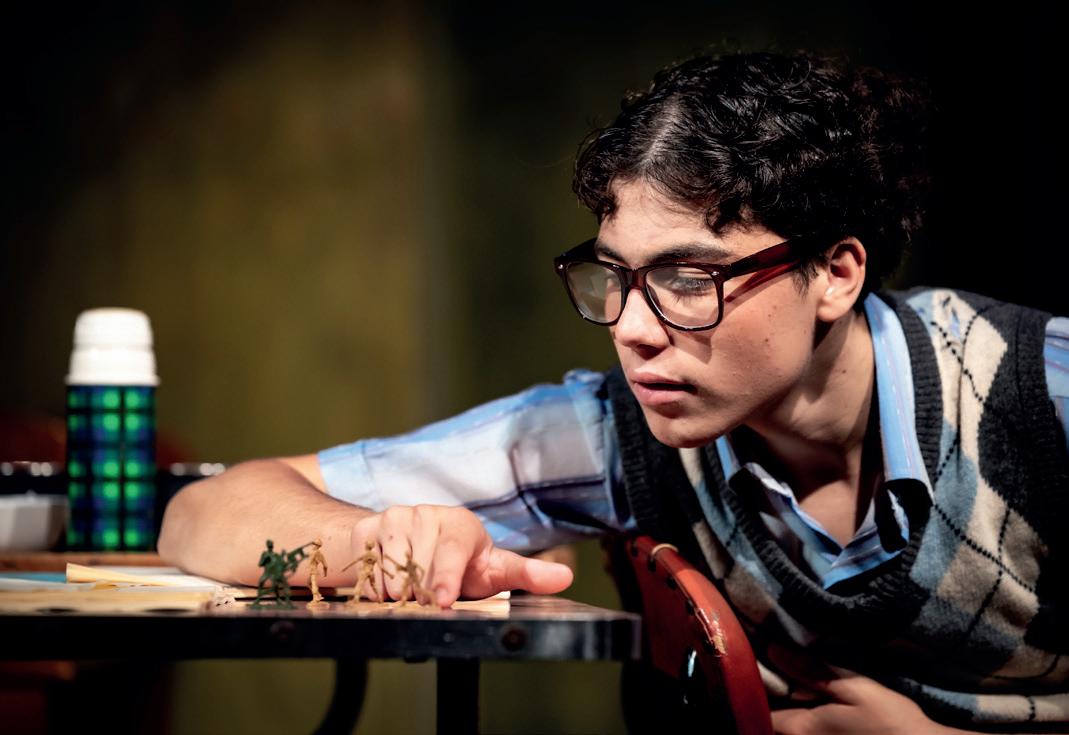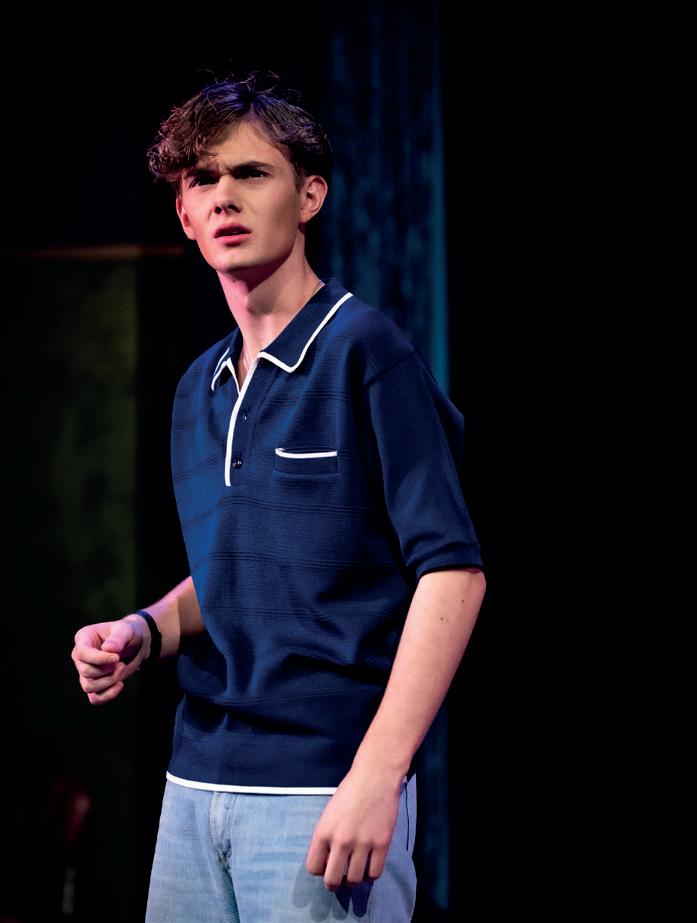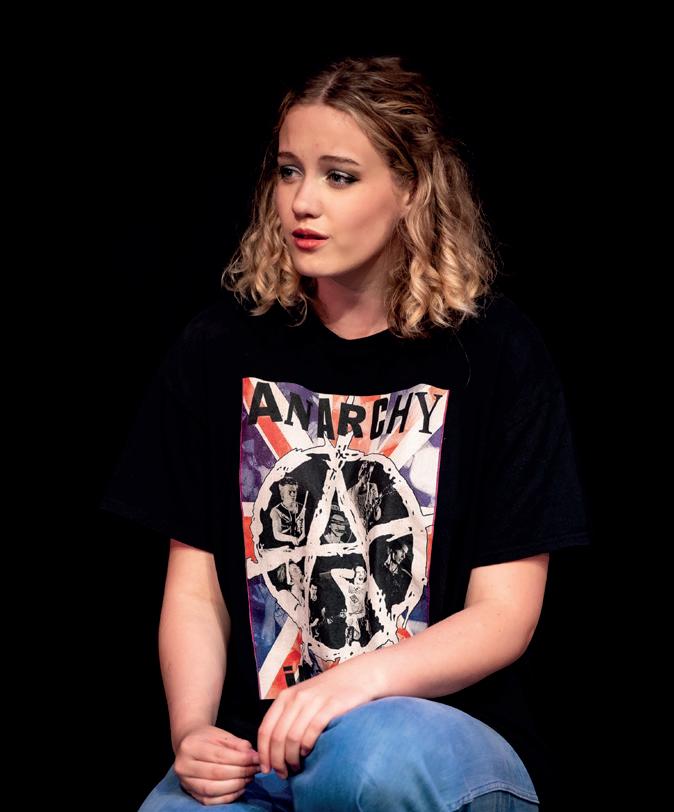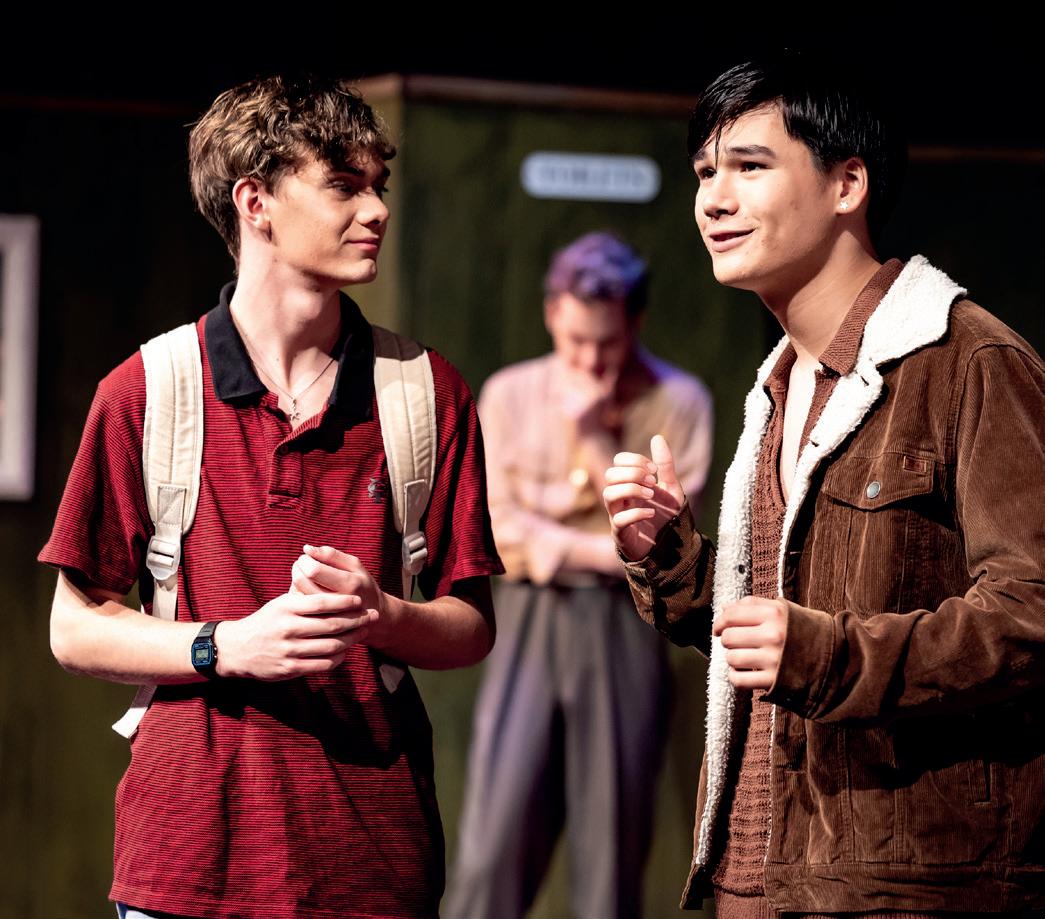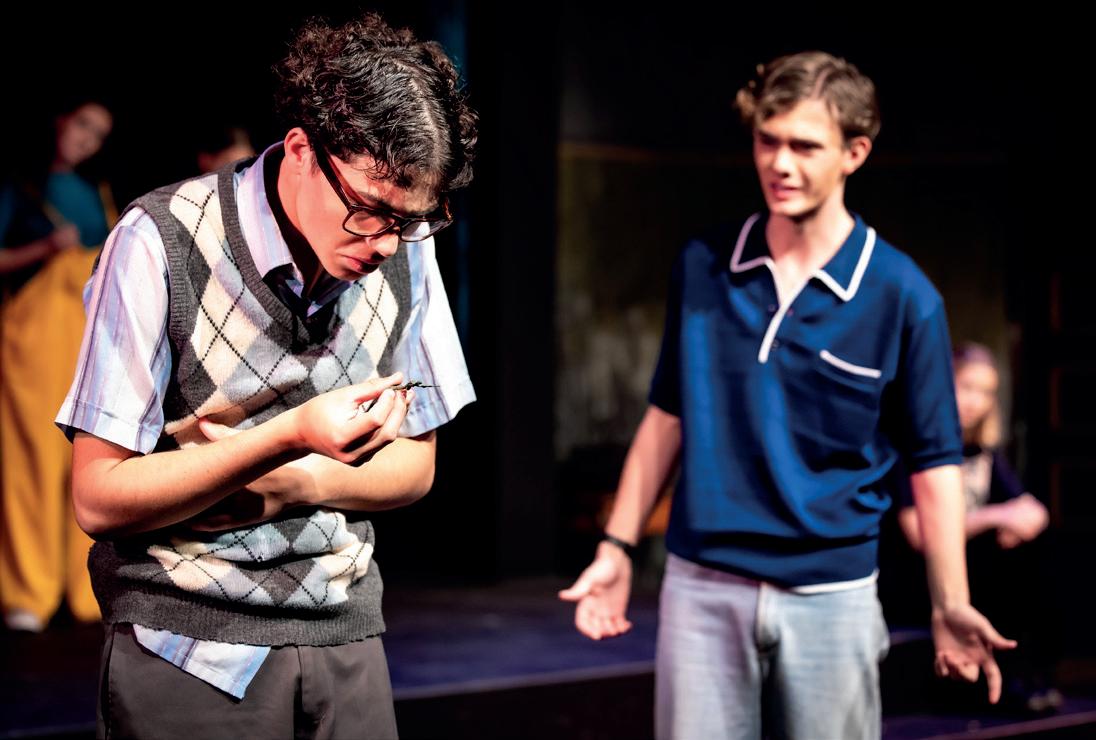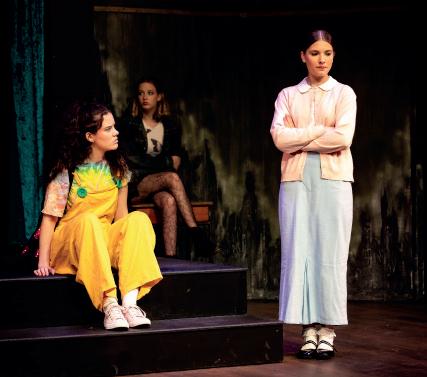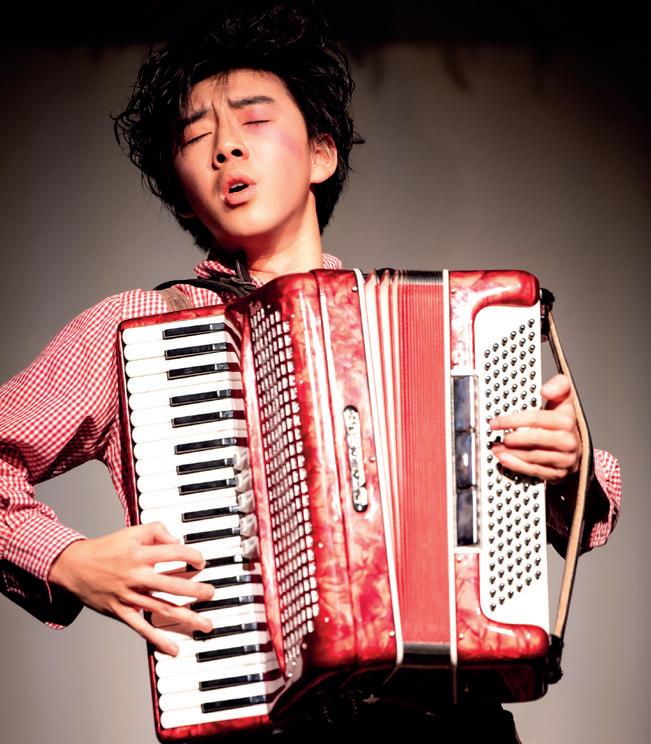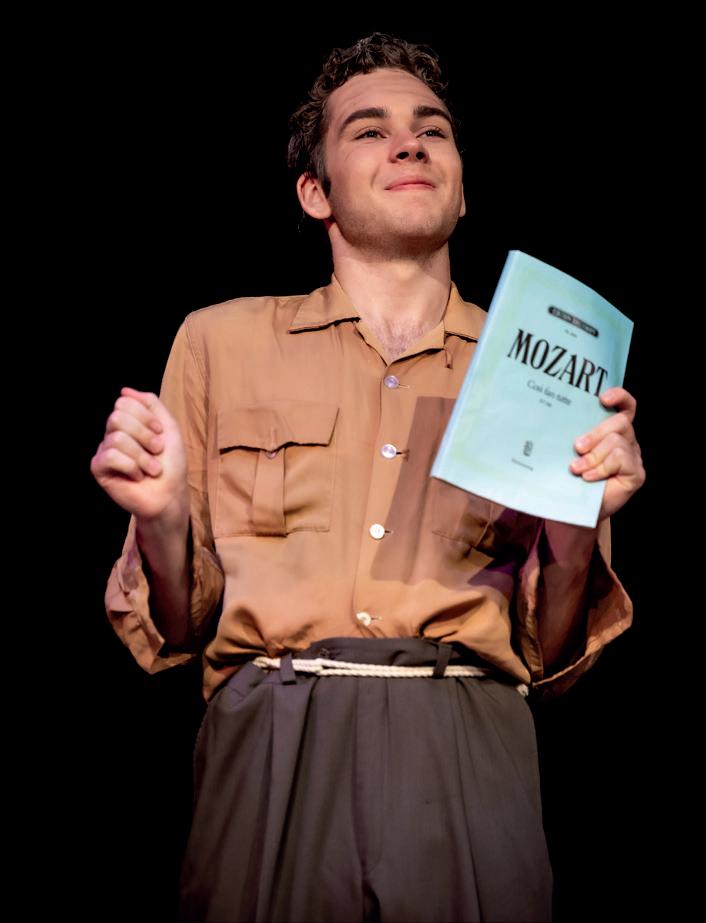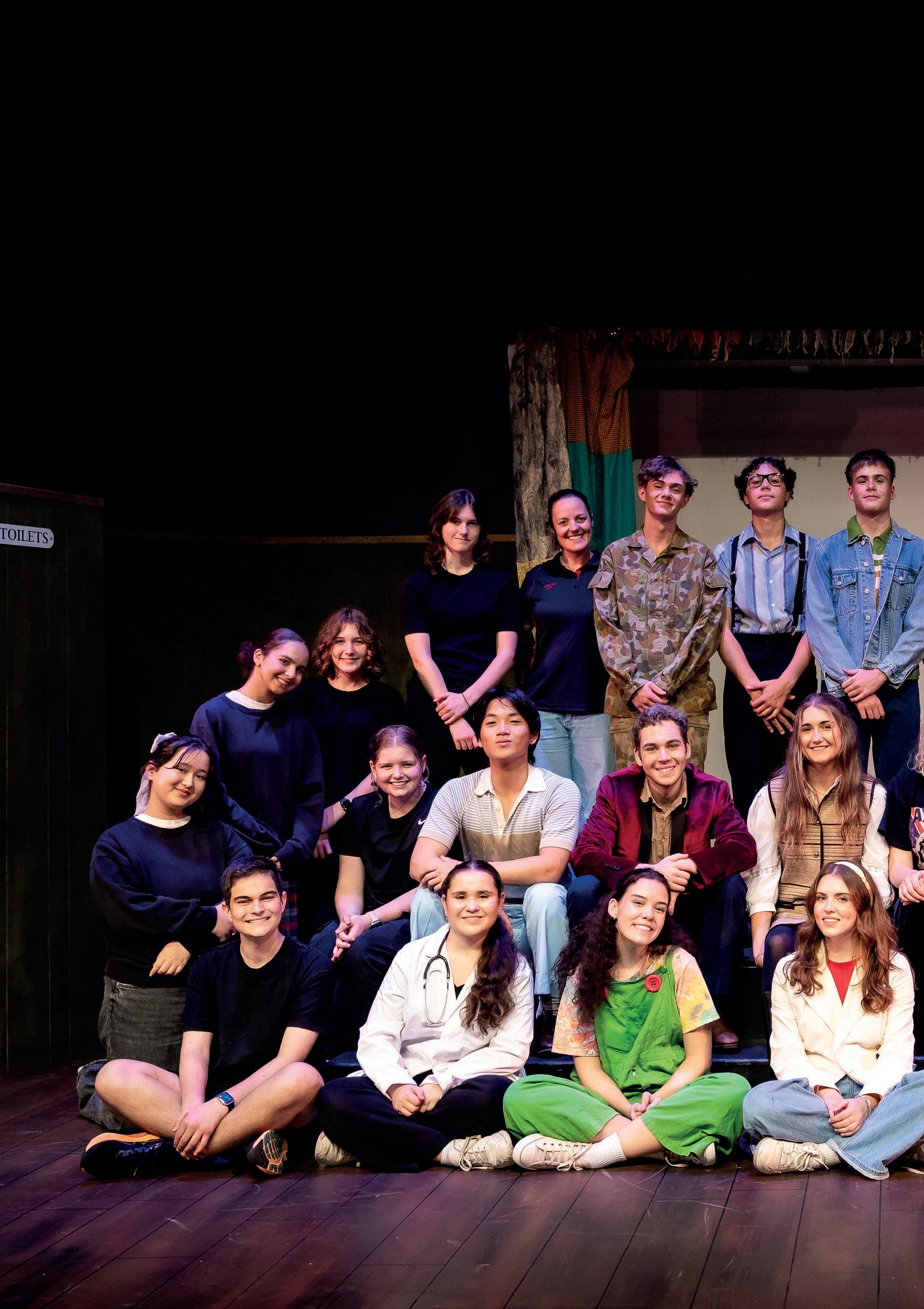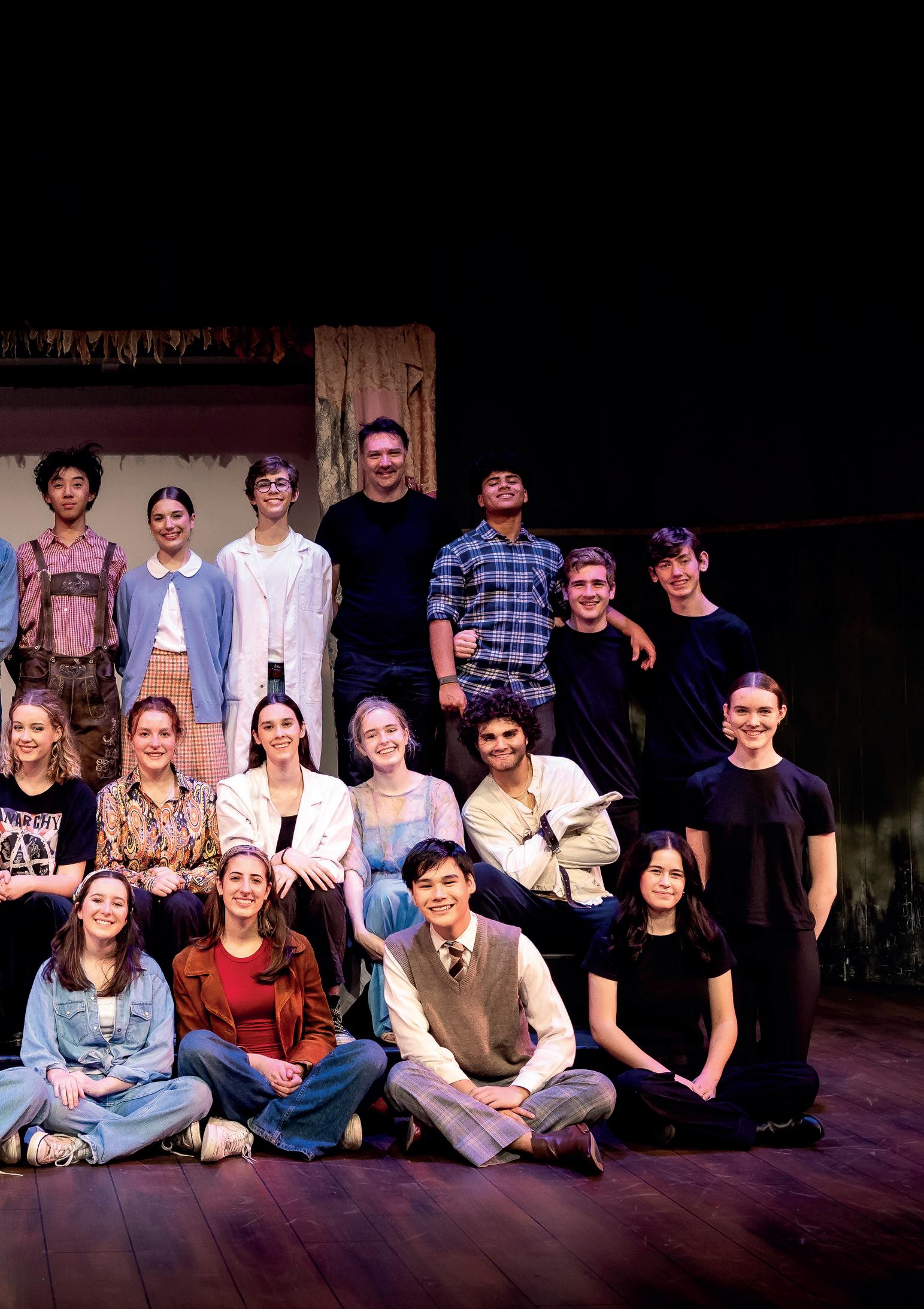


























22 - 24 May 2025 | 7:00pm | Rhodes Theatre
Presented by Year 11
Directed




























22 - 24 May 2025 | 7:00pm | Rhodes Theatre
Presented by Year 11
Directed
An Anglican community inspiring every learner every experience every day
To be a leader in Christian education that is characterised by a global vision that inspires hope
Values
Commitment
Compassion
Courage
Integrity
Respect
We acknowledge the Dharug, Darkinjung, Wonnarua and Yolŋu peoples who are the traditional custodians of the land on which Barker College, Darkinjung Barker, Ngarralingayil Barker and Dhupuma Barker stand. We pay respect to the Elders past, present and emerging of the Dharug, Darkinjung, Wonnarua and Yolŋu nations and extend that respect to other Indigenous people within the Barker College community.
Indigenous Australians have a rich history of storytelling, educating their children and sharing law, history, spirituality and morals through stories, song and dance. Inspired by this rich tradition, tonight these students will be sharing their stories. We hope you enjoy.
It is with great joy that we welcome you to tonight’s performance of Louis Nowra’s Così, brought to life by our talented Year 11 students.
Set in Melbourne in 1971, Così delves into a period of significant social and political upheaval. The Vietnam War, conscription, the rise of television, protests, the evolving role of women, the White Australia Policy and our treatment of neurodiversity are all pivotal issues of the time.
This play cleverly explores the complexities of love, loyalty and human connection, showcasing how individuals navigate their personal challenges and ideals. Our students, beautifully directed by Jennie Bradbury and supported by a brilliant crew and the tireless Barker Drama technical and teaching staff, have embraced this ambitious project with dedication and passion.
Tonight is a celebration of the many talents of this Year 11 cast and crew. We give thanks to God for their giftedness and their unwavering commitment to our community.
We invite you to sit back, be entertained, enjoy a few laughs and reflect on the timeless themes presented in Così
Enjoy the show!

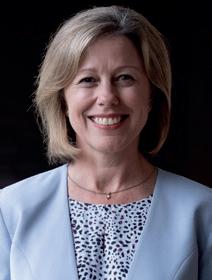
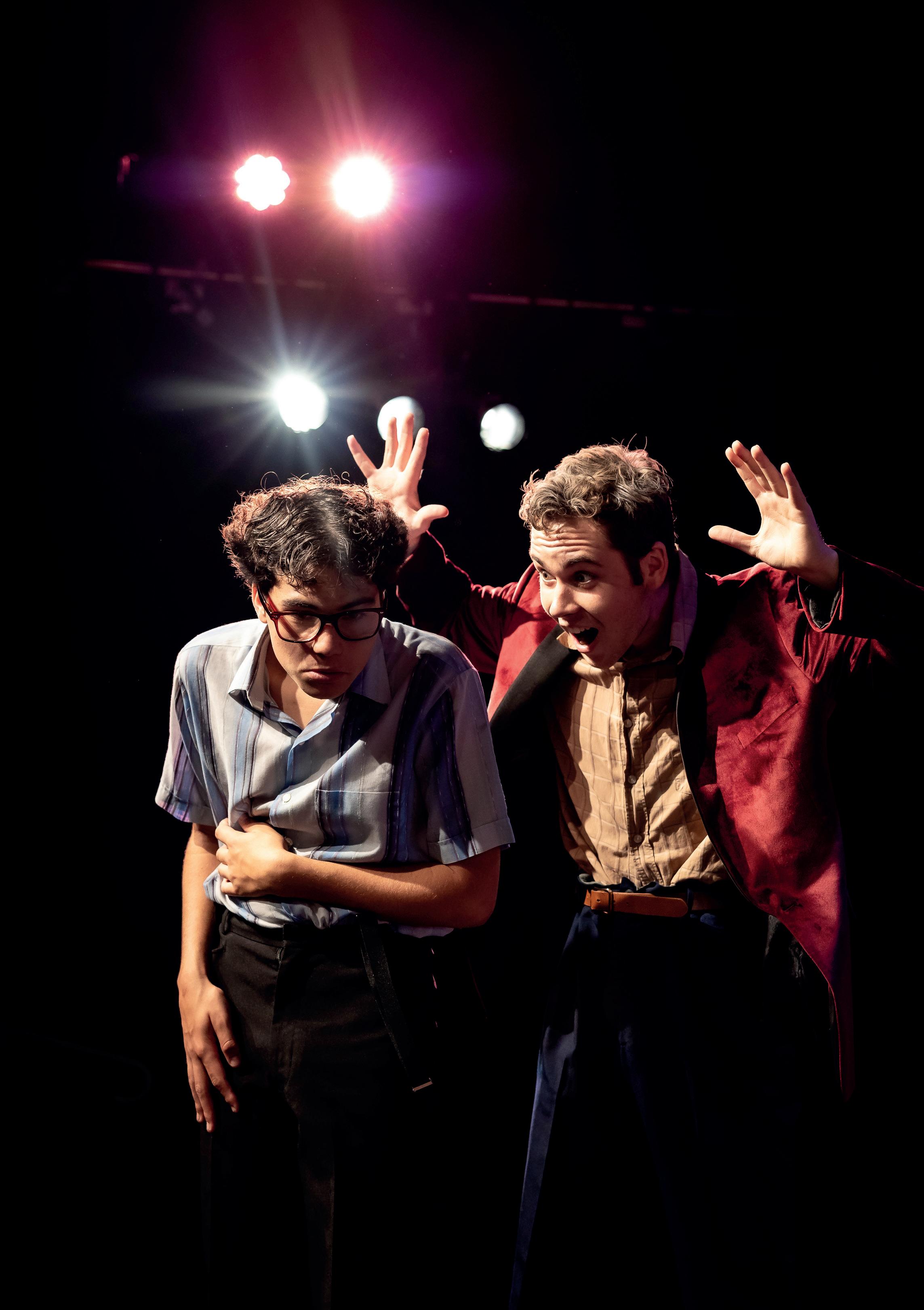
Australian Theatre represents a culture that is one of hard truths, a cheeky self-deprecating sense of humour, and a true sense of community. Così, by Louis Nowra epitomises this style of theatre as it is set in Melbourne, 1971 at a time of great change.
Our national identity was being challenged – both internally and on the world’s stage. Issues of the day included: conscription and the Vietnam War, the age of television, free tertiary education and powerful student bodies, the White Australia Policy, the rise of feminism and experimental medical science regarding the treatment of those with any form of neurodiversity. All of which provide the context for this play. As a semi-autobiographical work, Nowra like other playwrights of the time, has cleverly captured these issues in a way that enables us to still find them relevant today.
Così challenges us as both artists and audiences, in both its themes and its delivery. Confronting Australian vernacular marks character and culture (most of which has been removed for this staged version) and its taboo adult themes are rich with controversy highlighting significant moments of Black Comedy, ringing truths of our cultural systems and beliefs. We aimed to reach deeper than what lies at this surface, to grab at the heart of what Nowra explores – the essence of humanity despite all its warts – love, loyalty and friendship.
What has been humbling in this process is seeing that our Year 11 students met this play where it was intended. They have appreciated the humour, found the characters to be fascinating, and explored them in great depth so that they may use them to entertain and shock audiences – not gratuitously but to effect – to encourage reflection on past and present societal views, ideally inciting compassion, respect and change for the better.
This play has provided us as a company with a platform to discuss important issues such as the aforementioned love and fidelity, but also mental health, addiction, war, politics, intergenerational change and culture. All the tricky topics to bring up in conversation but are none-the-less vital to form a base for healthy discussions. Our students have been engaged every step of the way, reflecting in great depth whilst demonstrating a great deal of maturity and compassion. For this, I am immensely proud. One particular topic we have explored in depth has been notion of what it means to be “mentally ill” – whether those that are anything other than neuro-typical should be classed under this banner. Thankfully times have changed since 1971 and our acceptance and appreciation of the
kaleidoscope of differences in people has grown enormously through education and improved medicine. Having said this, along with many other issues in the play, there is still room for improvement. We hope the “Mental Patients” presented in the play are viewed by you, our audience, with a great deal of respect and appreciation. Finding that you laugh for the right reasons and love them for their differences – and the fact that with these differences (not in spite of) they rise to great levels of success.
Our Ensemble team has done enormous amounts of research to bring context to the play, for the cast in the rehearsal period, for playbuilding their own scenes, and for audio-visual effects. They are not only fine actors, but also directors, each of them assisting with at least one or two scenes throughout the process. Of particular mention is Sofia Vivoda who is the most informed, well organized, enthusiastic Dramaturg/Assistant Director/ Actor among us. Her dedication to the process and thorough research has been of benefit to each company member. I also thank her for her work in this program to present you with some context for the play.
Nowra’s characters take us on many journeys and our cast, ensemble and crew have worked hard to bring justice to each of their stories. This team has presented themselves professionally to all rehearsals, taking on challenging tasks with a great deal of maturity, and finding fun in all situations.
Sincere gratitude must go to Phillip Heath, Natalie Potent, Martin Lubrano and Alison Binet for their ongoing support and appreciation of the Dramatic Arts. Thank you to Reverend Pete Tong and Dr. Agnes Ko for their time to reflect with
me and support the process to ensure we look after our wonderful students, both on and off the stage. Thank you to Andrew Mallam for his wonderful Technical Direction, and leading the crew with such care, creativity and dedication (thank you also to his wonderful family for sharing him with us). He is a brilliant theatre technician and an utter joy to work with. To Dugal Parker for your expertise and mastery in another incredible set and, and Harry Whale for your first (of many we hope) great lighting designs.
To Karen James for her endless patience and dedication to the Production Management and administration, as well as the costumes, hair and makeup! We adore you. To Pia Midgley for her endless support and leadership, and our amazing Drama and Dance department for being such an incredible backbone and source of inspiration. Thank you to my Sam, Archie and Poppy – you will get me back soon – I promise. Thank you to our wonderfully supportive Barker Community and families for the support you provide our students so that they may shine in these productions – on or off the stage. It is a huge commitment for everyone involved and you are so much appreciated. Thank you also for being our audience. It is for you, after all.
Finally, to our wonderful cast, ensemble and crew. I hope you have all enjoyed the process as much as I have, and that you grow from strength to strength from this experience – in theatre and in life. I am immensely thankful to you all for your energy and expertise. It is a privilege to work alongside you. What a treasured lot you are.
Jennie Bradbury Director

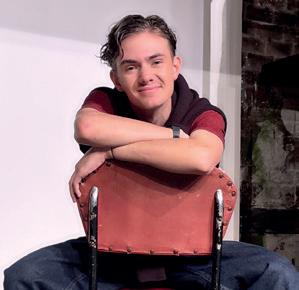


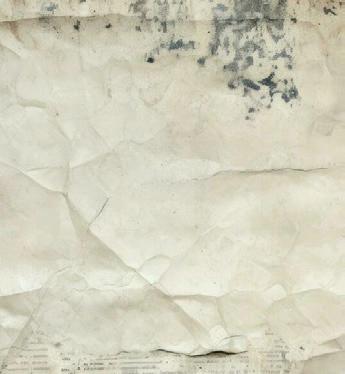


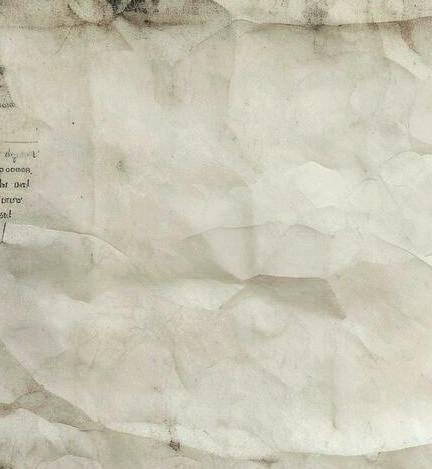
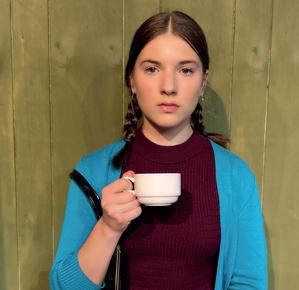
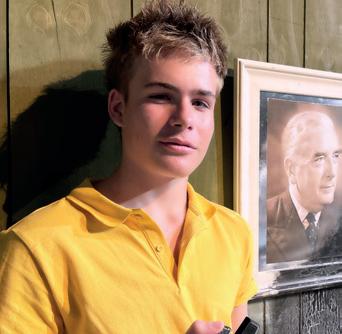

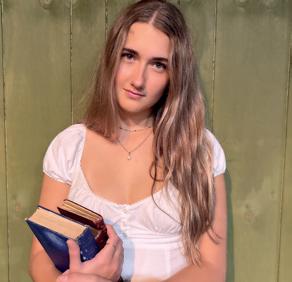

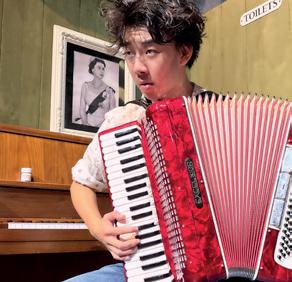


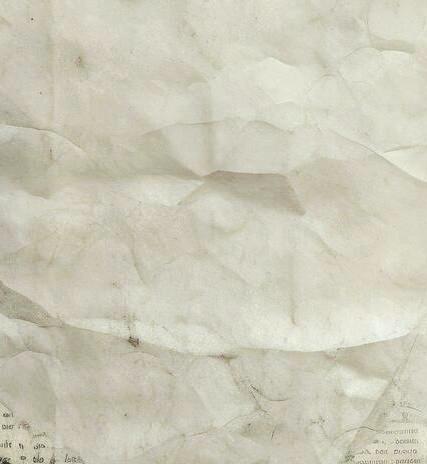
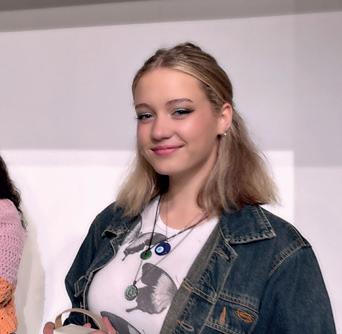
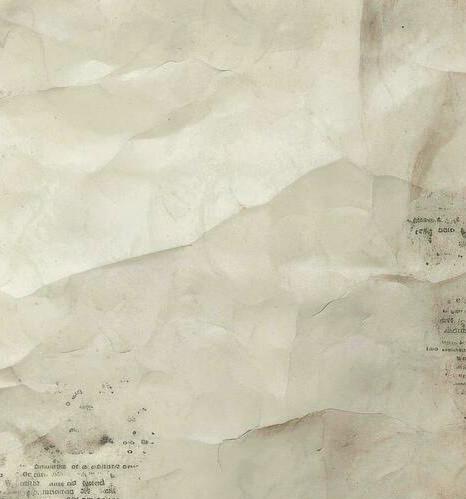
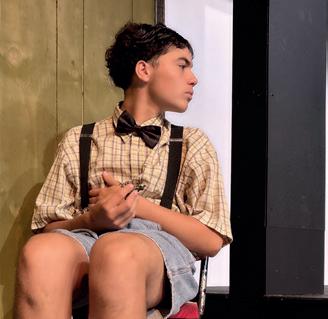

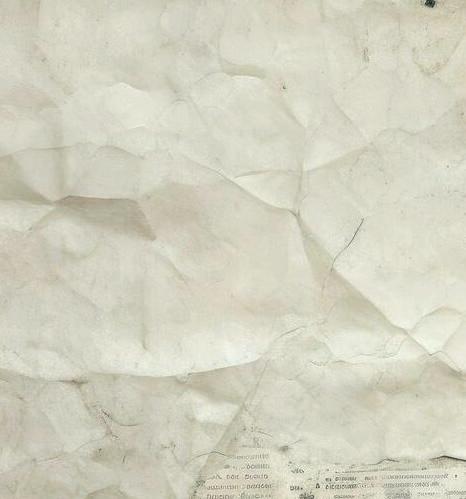
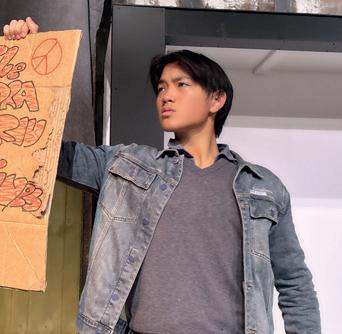

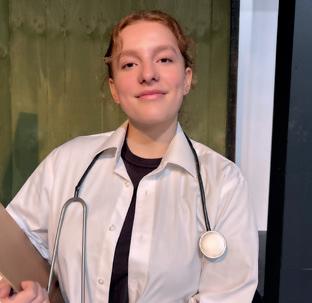

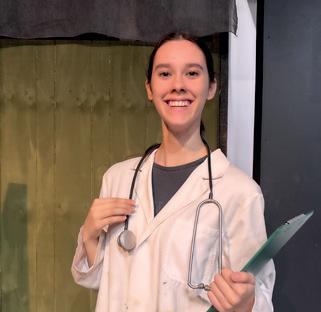


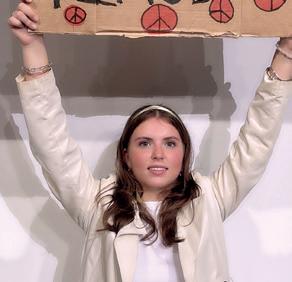

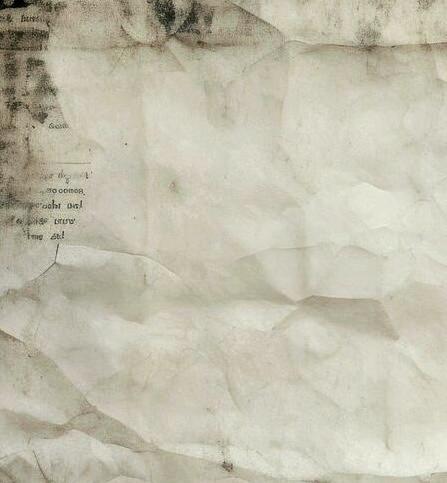
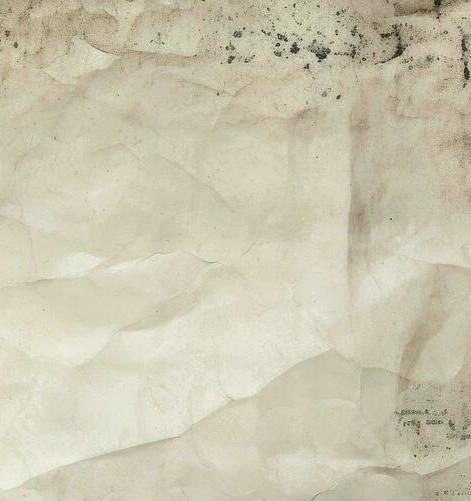
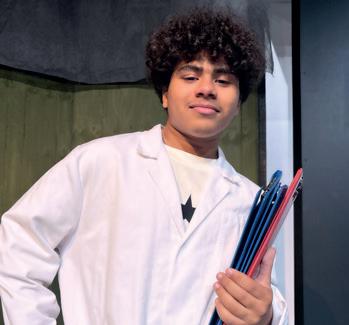
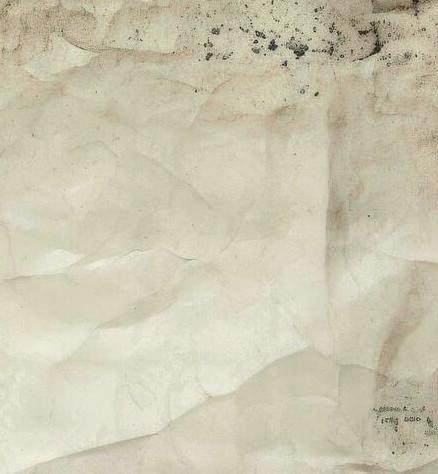
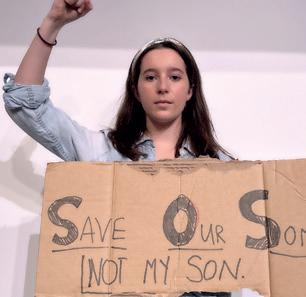
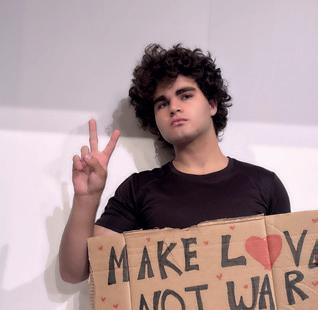
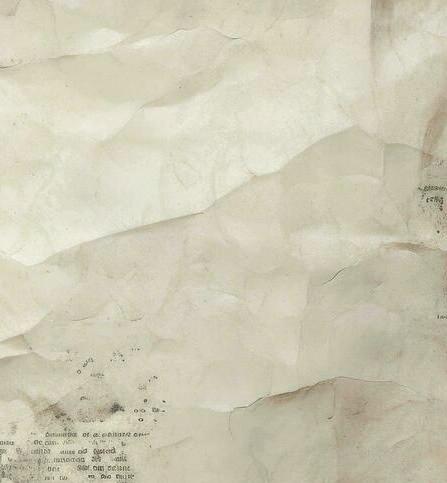
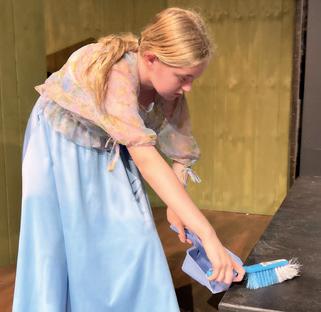
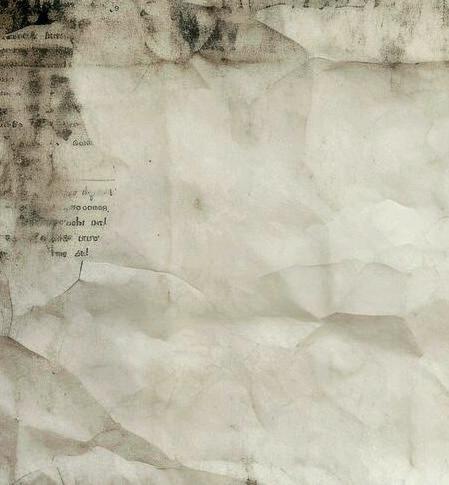
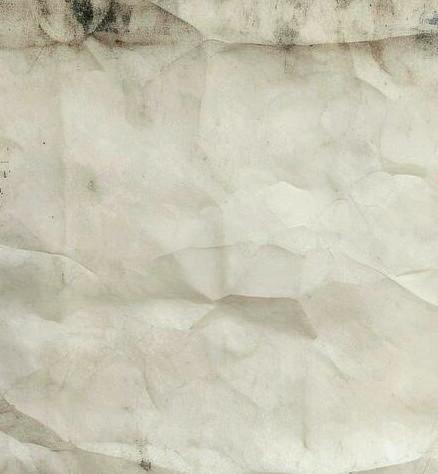
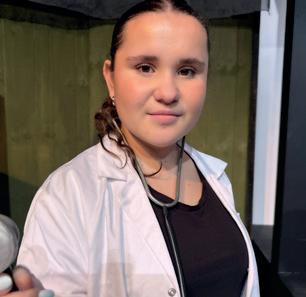
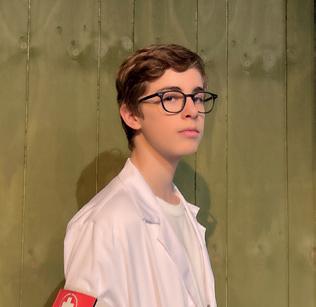


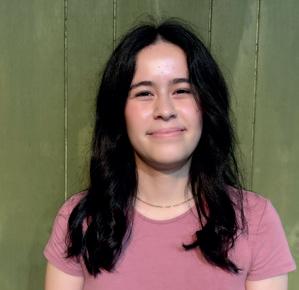



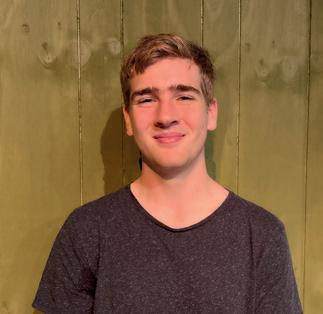

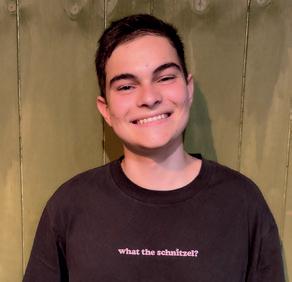


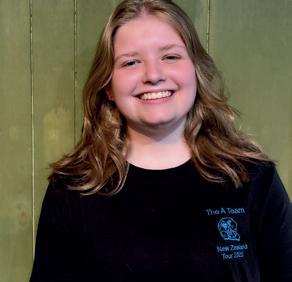
Ella Appleroth
Audio/Visual

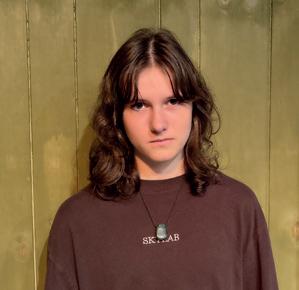
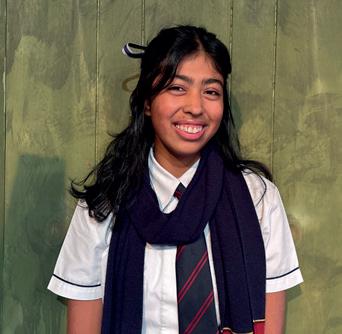

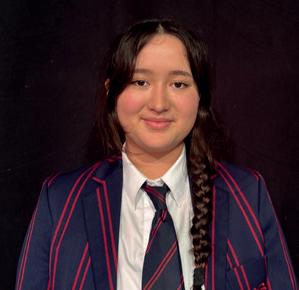

Costume/Makeup Assistants
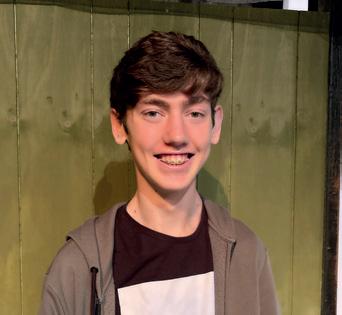

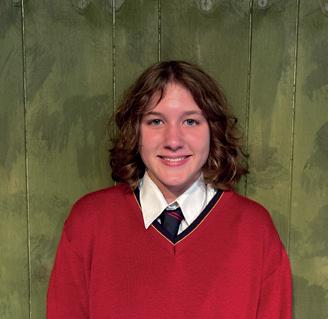

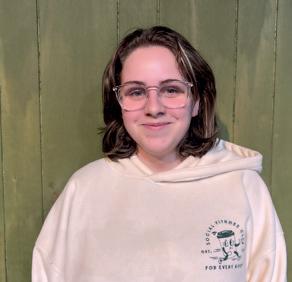

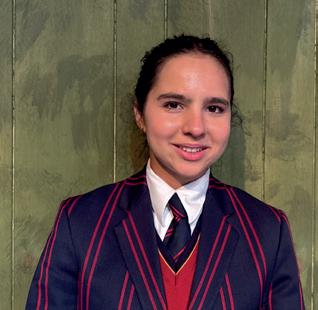

Costume/Makeup Assistants
Producer
Karen James
Director
Jennie Bradbury
Technical Director
Andrew Mallam
Asst Technical Director
Harry Whale
Set and Props Construction
Dugal Parker
Dramaturg
Sofia Vivoda
Production Videography and Photography
Finn Piccoli
Video Editing
Ella Appleroth
Sofia Vivoda
Poster and Program Design
Emily Anderson Barker Communications
Official Photographer
Grant Leslie Photography
Post-Production
Videography
KJR Productions
Announcements
Written and recorded by Finn Piccoli, spoken by Liberty Pollard, Emanuel Biggart, Emily Anderson, Timothy Henry and Lily Tong.


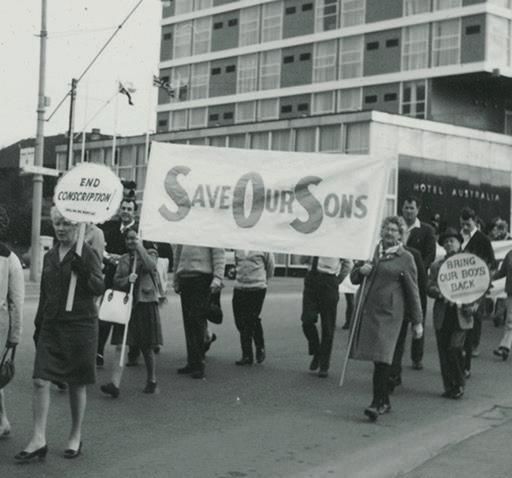
environmental efforts such as the U.S.A. joining the Paris Climate Agreement.
Set in Melbourne in 1971, Louis Nowra’s Così reflects the ups and downs of its own decade: the 1970s continued the colourful hippie culture of the 1960’s – namely, its values of peace, love, and equality. However, the early ‘70s also saw the Vietnam War, which, once it brushed against the world’s anti-violence hippie ideologies, caused a worldwide wave of retaliation. Così takes place just before one of the most famous protests of the time: the moratorium in Australia. This was an anti-war protest that took place in 1970-1971 over a series of different
war in this era was the battle against Robert Menzies’ National Service Act, which mandated conscription, or forced participation in the army and, in turn, the war. This was done through a lottery, in which birthdays were picked at random, and anyone with that birthday was forced to participate. Approximately 15,300 Australian men were conscripted. Conscription tore apart many families, which was a major issue in an era where gender and family roles played a large part in society, with women only just starting to be accepted into the workforce and developing independence.
Women’s main role at the time was to be good mothers, and despite parent’s fears surrounding the National Service Act, this became easier and safer at the beginning of the decade: they had greater control over reproduction due to better access to birth control, abortion, and sex education.
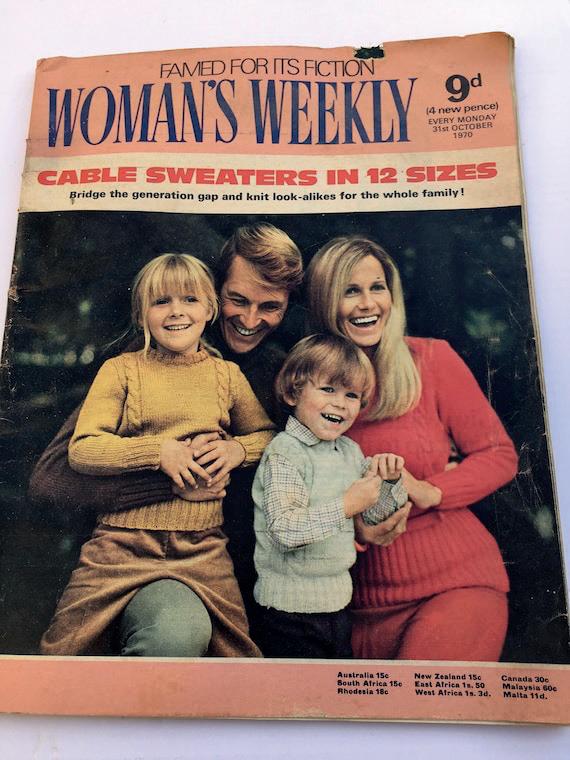
At the same time, options outside of motherhood were beginning to appear – workplace diversity greatly increased, and second-wave feminism encouraged women to pursue careers and lives outside of the home.
On top of this, although views on disabled people became more progressive, they were still far behind where we are today.
Mental institutions, or “lunatic asylums”, were changing rapidly, losing around half of their patients between 1970 and 1980 as people began to favour other therapies and medications. People were also turning to methodologies such as R.D. Laing’s belief that the only way to cure madness is to let patients find themselves by fully embracing their disorders. Around this time, drugs and medications also became widespread within institutions, such as the antidepressant lithium, which was only approved by the Food and Drug Administration in 1970.
Ultimately, Così is a thought-provoking play that takes its audience back to 1971 to ask us about the biases of our own ever-changing times, ideals, and stigmas, exploring war, love and madness through a small but lovable cast of characters and genius comedy. Like R.D. Laing, it encourages us to embrace our own madness and focus on accepting those who may be outside the norm.
Researched and written by Sofia Vivoda, Dramaturg.
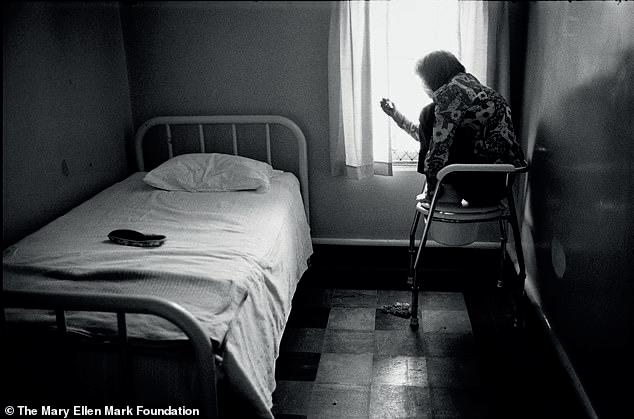
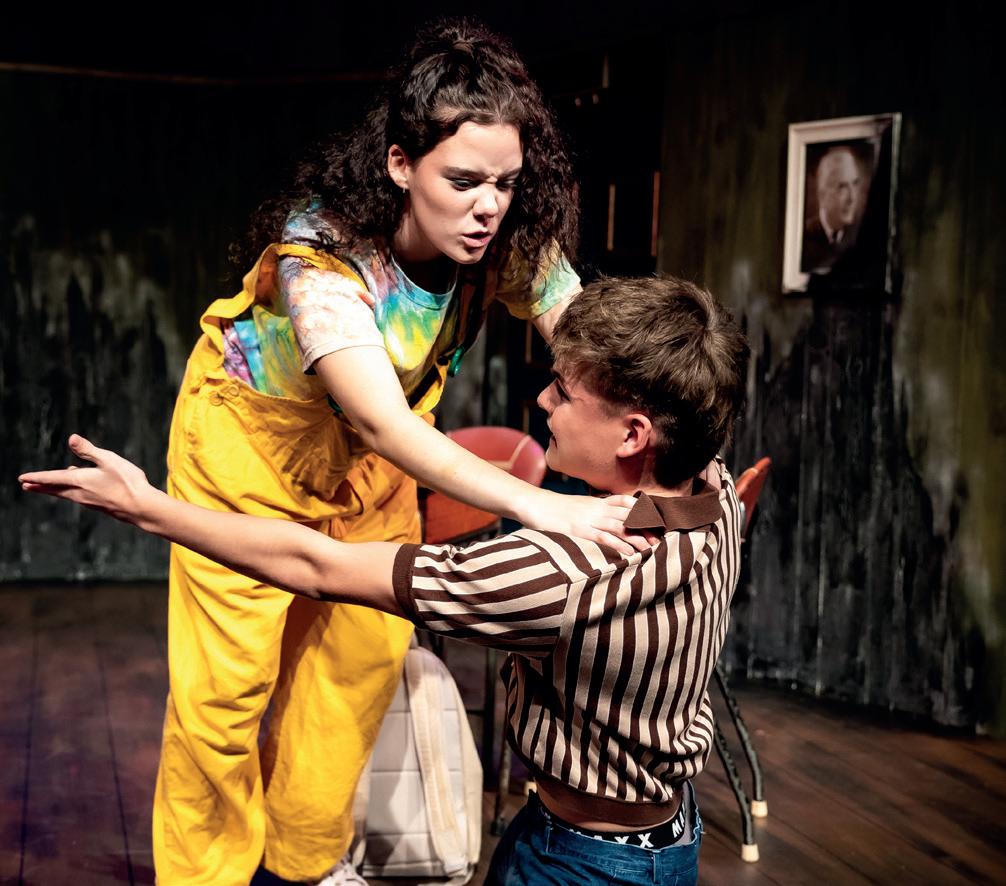
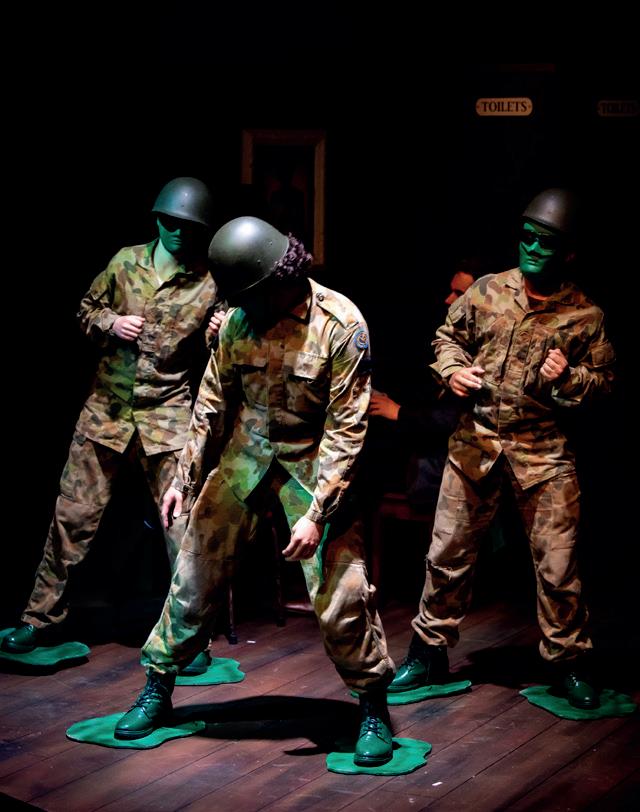
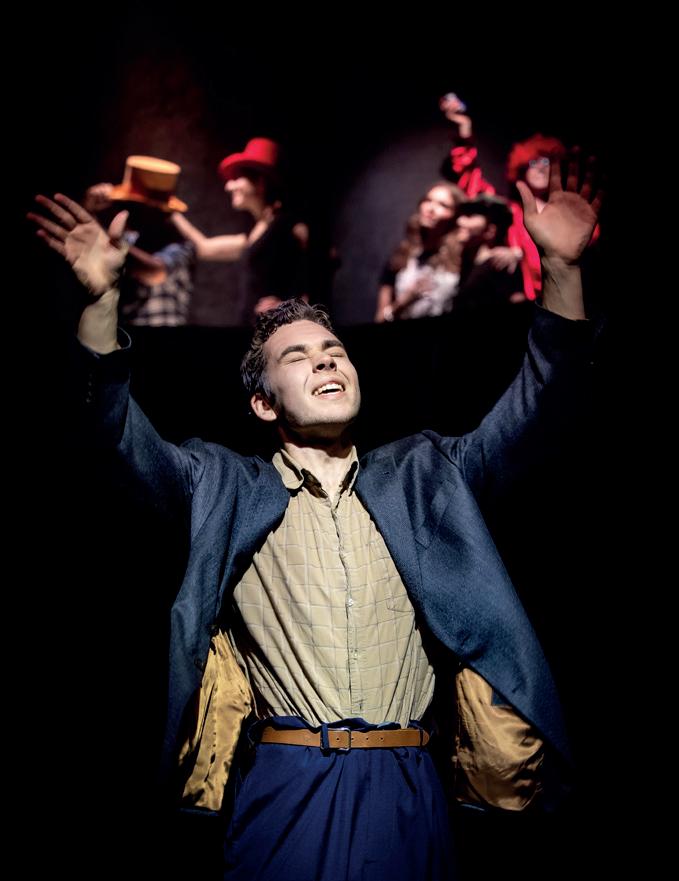
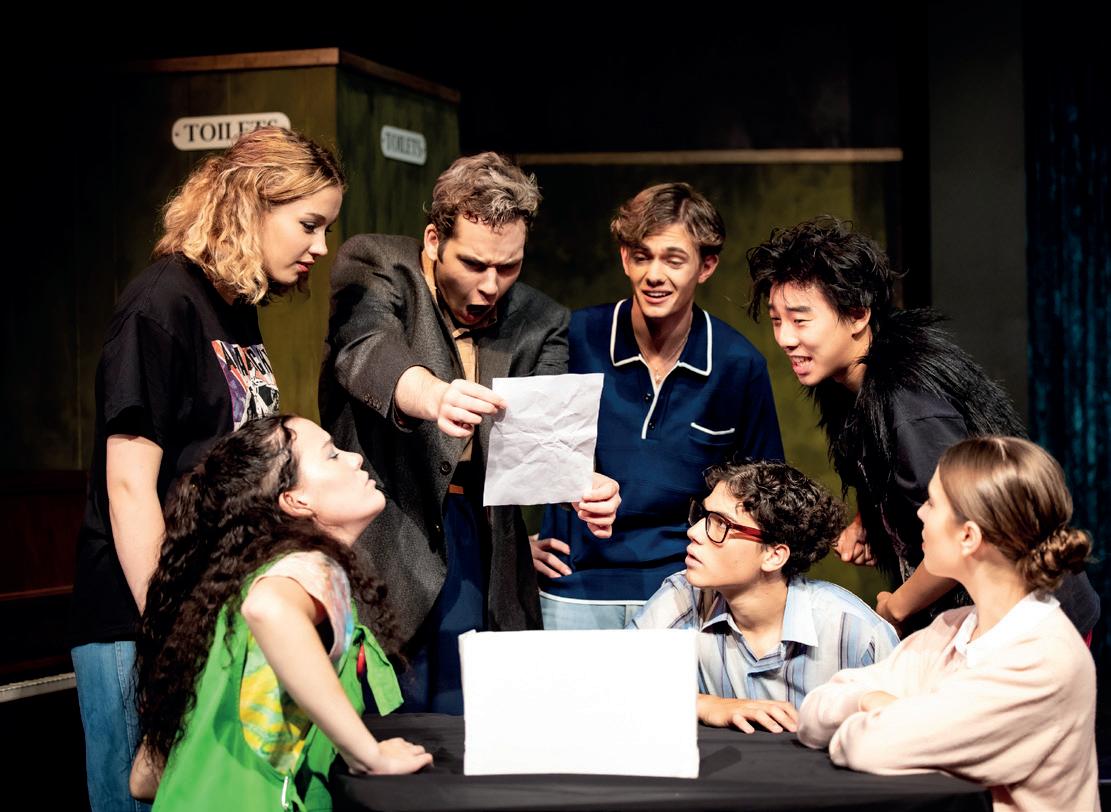
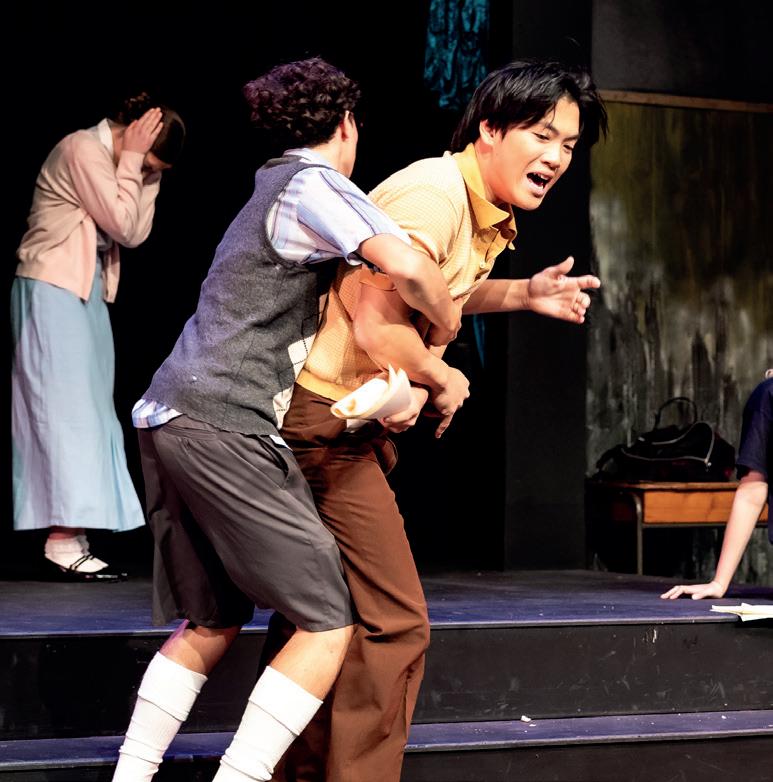
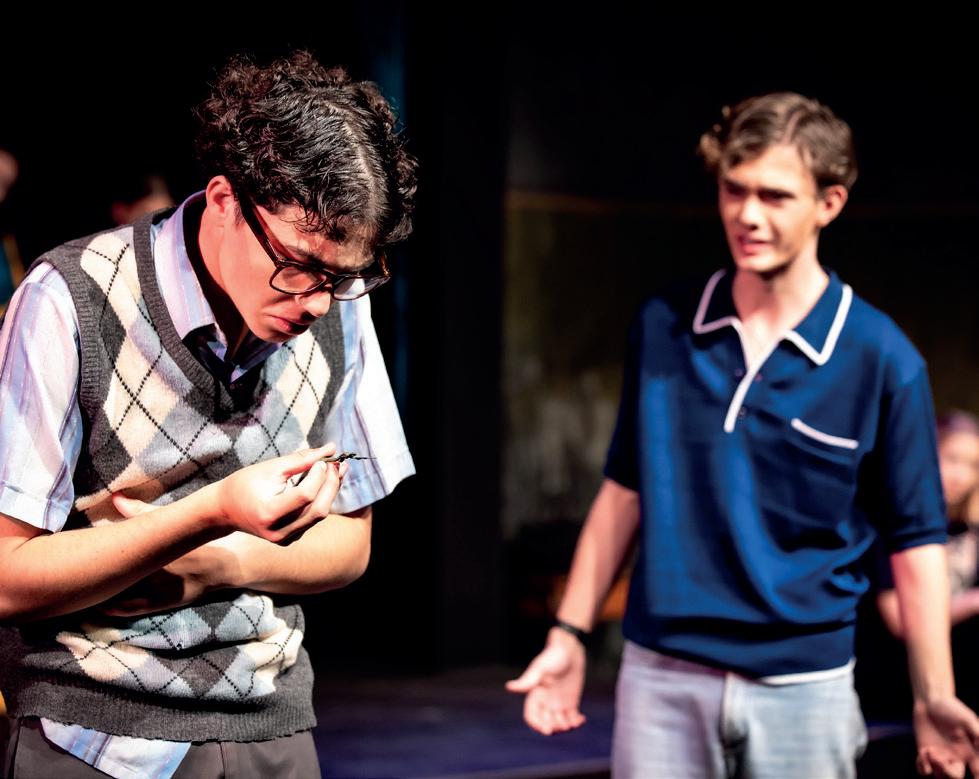
Phillip Heath AM - Head of Barker College, for his ongoing support of the Arts
Barker Executive Team: Alison Binet and Martin Lubrano, Co-Acting Heads of Barker College and Natalie Potent, Deputy Head Student Experience
Barker Council
Pia Midgley, Head of Drama
Dr Agnes Ko, Head Psychologist
Rev Pete Tong, School Chaplain
Grant Leslie Photography
KJR Productions
Lilli at The Wardrobe Costumiers
All Barker College Co-Curricular Staff for their support and understanding
Barker Communications
Barker Print Department
Barker Catering
Oliver Clisdell
Barker Maintenance and Security Staff
The Parents and Families of our cast, ensemble, crew and creative team for their continued support, patience and enthusiasm during the rehearsal process and performances.
